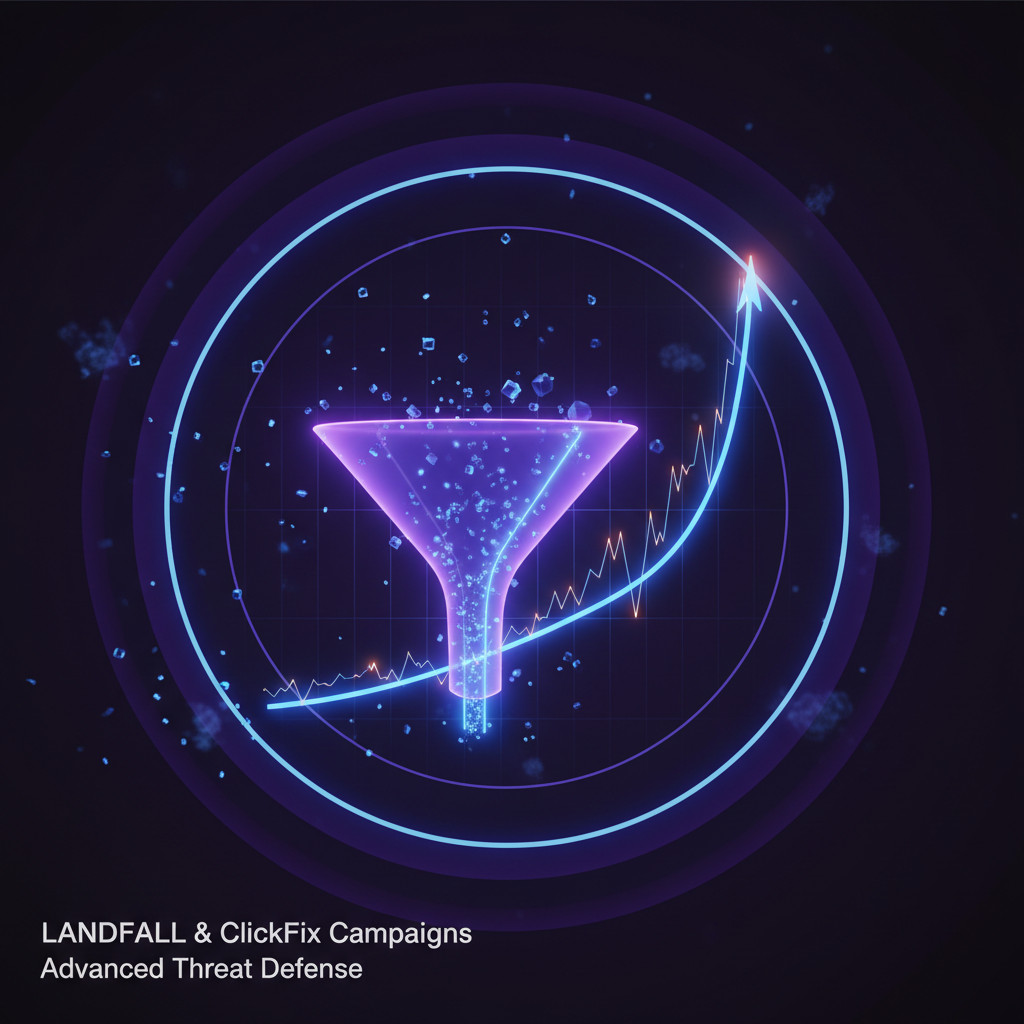Akira Ransomware Group Data Theft
Akira ransomware group 23GB data theft from Apache OpenOffice shocked the open-source community on October 29, 2025. The claim alleges attackers exfiltrated employee records, financial files, and confidential development reports. If true, the breach could fuel identity theft, phishing, and sophisticated social engineering.
However, public download servers appear unaffected, so end users currently face limited direct risk. Yet the alleged leak still threatens staff privacy and the foundation’s operational integrity. Moreover, Akira’s double-extortion tactics increase pressure by combining encryption with data release threats.
The incident highlights funding gaps and security challenges for volunteer-driven open-source foundations. Therefore, projects need better incident response, isolated backups, and regular audits to reduce exposure.
As independent verification remains elusive, the Apache Software Foundation’s silence raises urgent questions. Readers should watch for official updates, monitor accounts closely, and harden organizational defenses. Security teams must also assume stolen data may surface and prepare targeted mitigation plans.
Ultimately, this episode offers stark lessons about risk management for open-source ecosystems worldwide.
Akira ransomware group 23GB data theft from Apache OpenOffice
The Akira ransomware gang emerged in 2023 as a dangerous ransomware-as-a-service operator. They use double-extortion to maximize pressure. First, they exfiltrate data. Then, they encrypt systems and threaten publication. As a result, victims face operational disruption and reputational harm.
Who they target and how
- Targets: Akira has attacked education, finance, manufacturing, and non-profits across North America and Europe. They also compromise Windows and Linux/ESXi hosts. This broad reach increases risk to mixed IT environments.
- Methods: The group uses phishing, exposed remote services, and misconfigured backups to gain entry. Moreover, they often deploy tools to escalate privileges and move laterally inside networks.
- Tactics: Akira steals data before encryption and posts extortion notices on dark web leak sites. For example, their posts sometimes include samples of stolen files to prove authenticity.
What they claim in the OpenOffice incident
- On October 29, 2025, Akira announced they exfiltrated 23 gigabytes from Apache OpenOffice. This claim included employee records, financial files, and development reports.
- The group vowed to upload the full archive to their leak site if demands go unmet. Consequently, affected individuals could face identity theft and targeted phishing.
- Independent verification remains limited, and the Apache Software Foundation had not confirmed the breach at the time of reporting. See reporting at Cybersecurity News and the developer mailing thread at Mail Archive for context.
Evidence and credibility
- Supporting signs include the public leak post and the level of detail in the samples. However, some security researchers note inconsistencies in the claim, so caution is warranted.
- Historical behavior adds credibility because Akira has a track record of successful data exfiltration. For background on Akira and similar threat landscapes, consult analysis at Breached Company.
In short, the claim reflects common ransomware patterns and raises real privacy risks. Therefore, foundations and projects should harden infrastructure, isolate backups, and rehearse incident response to limit damage from data exfiltration and double-extortion attacks.

| Group | Typical targets | Ransom demands | Known breach sizes | Notable incidents |
|---|---|---|---|---|
| Akira | Open-source foundations, non-profits, education, finance; Windows and Linux/ESXi hosts | Typically six to seven figures reported; varies by victim | 23 GB claimed in the Apache OpenOffice incident (Oct 29, 2025) | 2025 claim against Apache OpenOffice; prior attacks across US and Europe; dark web leak posts and webcam intrusions reported |
| LockBit | Enterprises, healthcare, manufacturing, government | Hundreds of thousands to multiple millions of dollars reported | Multiple incidents with tens to hundreds of gigabytes exfiltrated | Long-running RaaS operation with many enterprise extortions and public leak sites |
| Conti | Healthcare, government, critical infrastructure, large enterprises | Frequently multi-million dollar demands reported | Large-scale exfiltrations, often tens to hundreds of gigabytes | Known for disruptive campaigns against healthcare and public sector; operators resurfaced in various forms |
| Clop | Large corporations, payroll and data services, cloud file transfer platforms | Multi-million dollar demands reported | Major incidents with millions of records and substantial data volumes | 2023 MOVEit-related attacks attributed to Clop; extensive data theft and high-profile extortion |
Impact on user privacy and identity theft risks
The alleged Akira leak risks severe privacy harm for staff and contributors. Stolen records reportedly include addresses, phone numbers, dates of birth, and financial details. As a result, affected people may face identity theft, targeted phishing, and financial fraud. Moreover, leaked development reports could enable attackers to craft supply-chain or exploit-based attacks.
Apache OpenOffice response and law enforcement action
The Apache Software Foundation remained publicly silent as investigators reviewed systems. Meanwhile, public download servers appear unaffected, and end users should remain confident in official installers hosted at https://www.openoffice.org/. However, the organization likely coordinates with law enforcement and external incident responders to confirm claims and limit damage.
Cybersecurity expert assessments and community reaction
Security researchers warned that double-extortion increases urgency and leverage. Consequently, experts called for rapid source-of-truth audits and threat hunting. Independent analysts pointed to the leak post as an initial indicator, but noted verification gaps reported here: Cybersecurity News. For broader context on ransomware behavior, see threat landscape analysis at Breached Company.
Consequences and immediate mitigation steps
- Consequences
- Potential identity theft and targeted spear-phishing attacks
- Reputational damage for a volunteer-driven foundation
- Possible regulatory and legal exposures for mishandled personal data
- Recommended actions
- Isolate and verify backups, then restore-only from known-good copies
- Force password resets and enable multi-factor authentication for staff accounts
- Monitor credit and financial accounts for affected individuals
- Conduct forensic analysis and threat hunting to identify lateral movement
In short, the claim highlights material risks to people and operations. Therefore, foundations and maintainers must treat the incident as a real threat, even while awaiting independent confirmation.
Akira Ransomware Group Data Theft
Akira ransomware group 23GB data theft from Apache OpenOffice underlines how quickly attackers can threaten volunteer run projects. The claim exposed sensitive staff records and internal documents. As a result, contributors and users face increased risk of identity theft and targeted phishing. However, end user installers appear unaffected, which limits direct software risk.
Organizations and projects must strengthen basic defenses and incident readiness. Therefore, isolate backups from main networks and test restores regularly. Moreover, enable multi-factor authentication and force password resets after any suspicious activity. Security teams should perform threat hunting and forensic analysis quickly. Funders must also invest in security support for volunteer driven foundations.
Velocity Plugins offers tools for online businesses seeking smarter operations and better security. Their AI driven WooCommerce plugins automate workflows and reduce human error, which lowers some attack surfaces. Learn more at Velocity Plugins.
In short, the Akira claim is a wake up call. Stay vigilant and prepare for targeted threats.
Frequently Asked Questions (FAQs)
What is the significance of the Akira ransomware group 23GB data theft from Apache OpenOffice?
The claim highlights double-extortion and data exfiltration risks for volunteer driven open-source projects. If the 23GB archive is real, exposed employee records and development reports can enable identity theft and targeted phishing. Therefore, the incident is a wake up call for better funding and security.
Are end users at risk if they use Apache OpenOffice?
Public download servers appear unaffected, so official installers remain safe. However, individuals should update software, avoid unofficial builds, and monitor accounts. As a result, end users reduce their exposure to secondary attacks.
What types of data did Akira claim to steal?
The group alleged personal employee records, financial files, and development documents. This includes addresses, phone numbers, dates of birth, driver licenses, Social Security numbers, and credit card data.
What immediate steps should affected people take?
Reset passwords, enable multi factor authentication, and monitor financial accounts. Also consider credit monitoring and reporting suspicious messages. Contact your organization for incident updates and guidance.
How can open-source foundations reduce ransomware risk?
Harden infrastructure, isolate backups, and rehearse incident response. Additionally, fund security expertise and run regular audits and threat hunting. Thus, projects can limit damage from ransomware as a service and double-extortion attacks.



